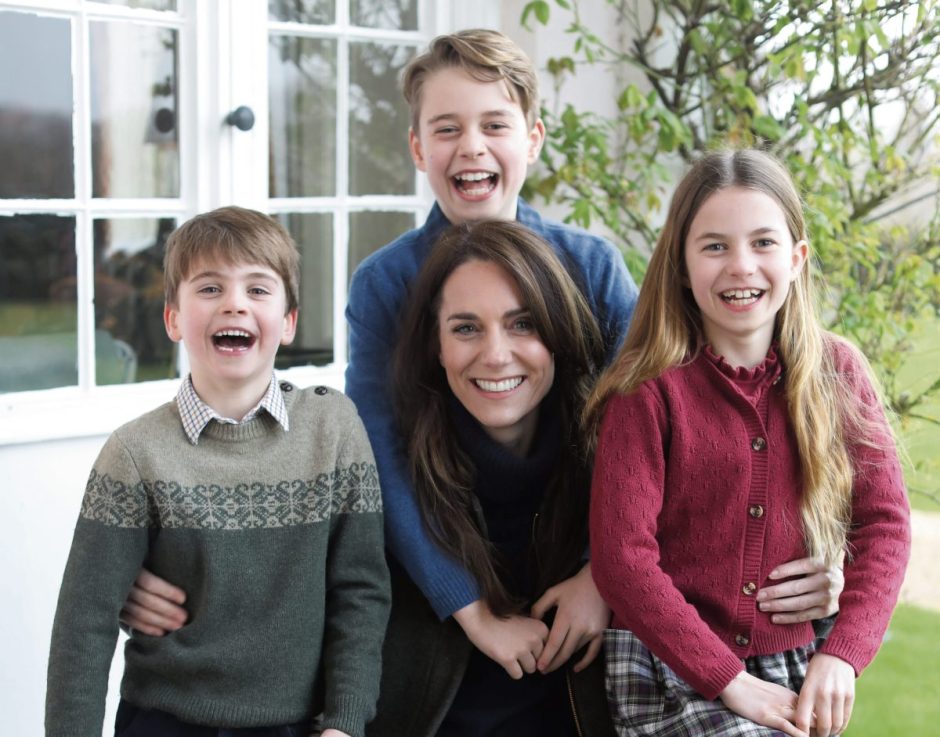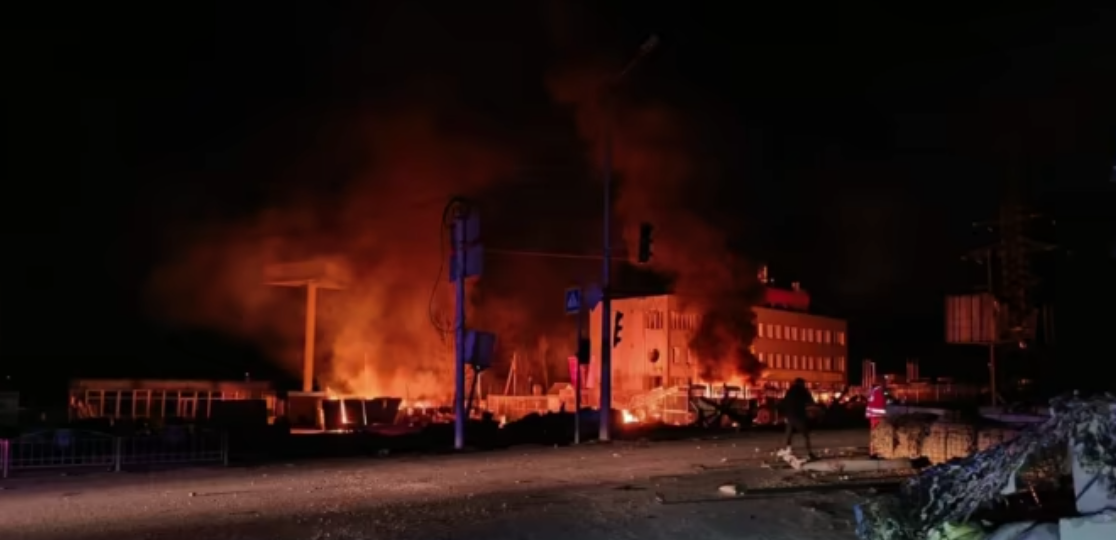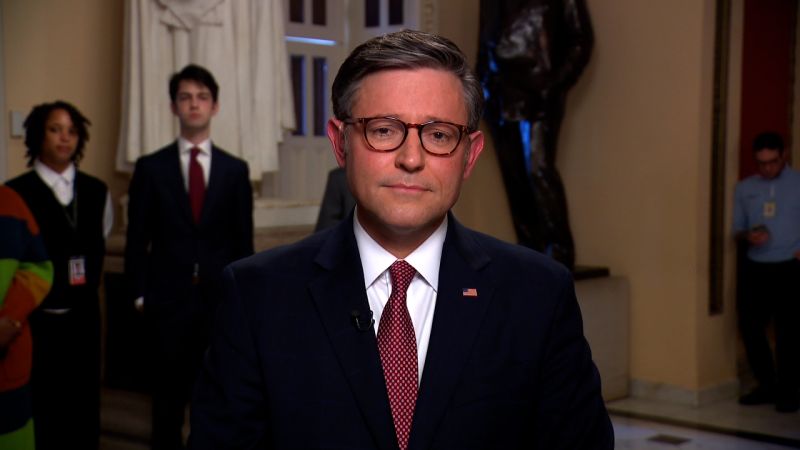Why care about Kate? Because photography is about truth
Kate's doctored photo has plunged us into a trap where we question nothing because we've already dismissed it as fake.


Kate’s doctored photo has plunged us into a trap where we question nothing because we’ve already dismissed it as fake. That’s where the truth goes to die, argues Andy Blackmore
Again, against my better judgement, I feel it is my professional duty as a picture editor to add a further two-pence worth on the latest episode in the “Kategate” saga: the sudden appearance of an image of the Princess of Wales visiting a farm shop.
I’m still gripped by one overwhelming question: why? Why didn’t the Princess of Wales just cut the head off the snake and issue the original, unedited image or images? What on earth could be so bad that it’s preferable to the vacuum its absence has created? A veritable army of conspiracy theorists has stepped into the void. I’ve looked. I’ve dived down the rabbit hole and what I’ve found is closer to Alice in Wonderland than any plausible version of the truth.
To those of you who say “who cares?”, I say this: it’s quite literally my job to care, and I do care very much about photography. You see photography has looked after me very nicely for the last 40 years, both providing me with an adequate living and making me richer in so many ways. So I feel an obligation to look after it in return.
We all have our niche, and I was lucky to find mine. It’s not as bad as working in a call centre or repairing the corroded brake lines of smelly abattoir lorries – and I’ve done both. And whilst I may now be as poor as a church mouse, photography has made me a millionaire in experience, so yes, I do care. Very, very much. As to the cries of “non-story” and “get a life”, my answer is this; photography is my life, and non-story my eye.
Photography has been under attack for some time now. The transition to digital did us no favours; neither did a poisonous cocktail of plunging newspaper circulations, slashed budgets, increased costs, lower rates and less work. Inevitably, new technology has proved a disaster for a profession now forced to do more with less and do it faster. This all means that today, life as an editorial photographer is, more or less, unsustainable as a career.
Another nail in the coffin was hammered home when an AI-generated image won first prize at one of the world’s most prestigious photography competitions. And now, as I’ve argued before, Kate’s fake photo has further undermined the concept of photographic truth – or whatever was left of it.
So, it’s not harmless fun powering the internet; it’s not a cascade of cute cat memes, but a churning swirling virtual cesspool that has real-world consequences. You see the conspiracy theorists have created a climate of fear where everything is dismissed as fake by default.
Of course, image manipulation has been around for years – just read The Commissar Vanishes: The Falsification of Photographs and Art in Stalin’s Russia. What’s new is this: the ease of image manipulation and the casual nature of its implementation have changed the way we perceive reality. Imagine what this will do to the forthcoming elections here in the UK and the US.
We have fallen into a dangerous trap where we question nothing since we have already disregarded it as fake. This is where the very concept of truth goes to die.
Today, perfectly honest, real photographs, by real photographers, of real events are being called out as fake by an army of armchair warriors. When you set out to chase ghosts you find them everywhere. Even the perfectly explainable becomes the paranormal if it suits your narrative.
By accident or design, those who peddle these conspiracy theories in search of the truth are now blind to it. Quite simply they have overdosed on their poison. So I have to dismiss so much of what they have seen as simply chasing ghosts. To those who say, who cares, everyone “doctors” their photos, think about that, it just normalises the crime.
Now I don’t condemn the sentiment of Kate’s mothers’ day photo, as I’ve already said I’m sure the original would have been charming. But I unreservedly condemn its concept. It’s often said the first causality of war is the truth. Now, reality itself is under attack.
What we have witnessed in the last ten days is just the tip of the iceberg. I hope I’m wrong; sincerely I do. I pray that my concerns are unfounded, that I’m merely overreacting since the thought of anything else is terrifying. Anyway, I’d rather be the cabinboy who saw the iceberg before it was too late but whose warnings went unheeded. Better than being a passenger who went down with the ship and drowned in a sea of lies.
Andy Blackmore is picture editor at City A.M.



